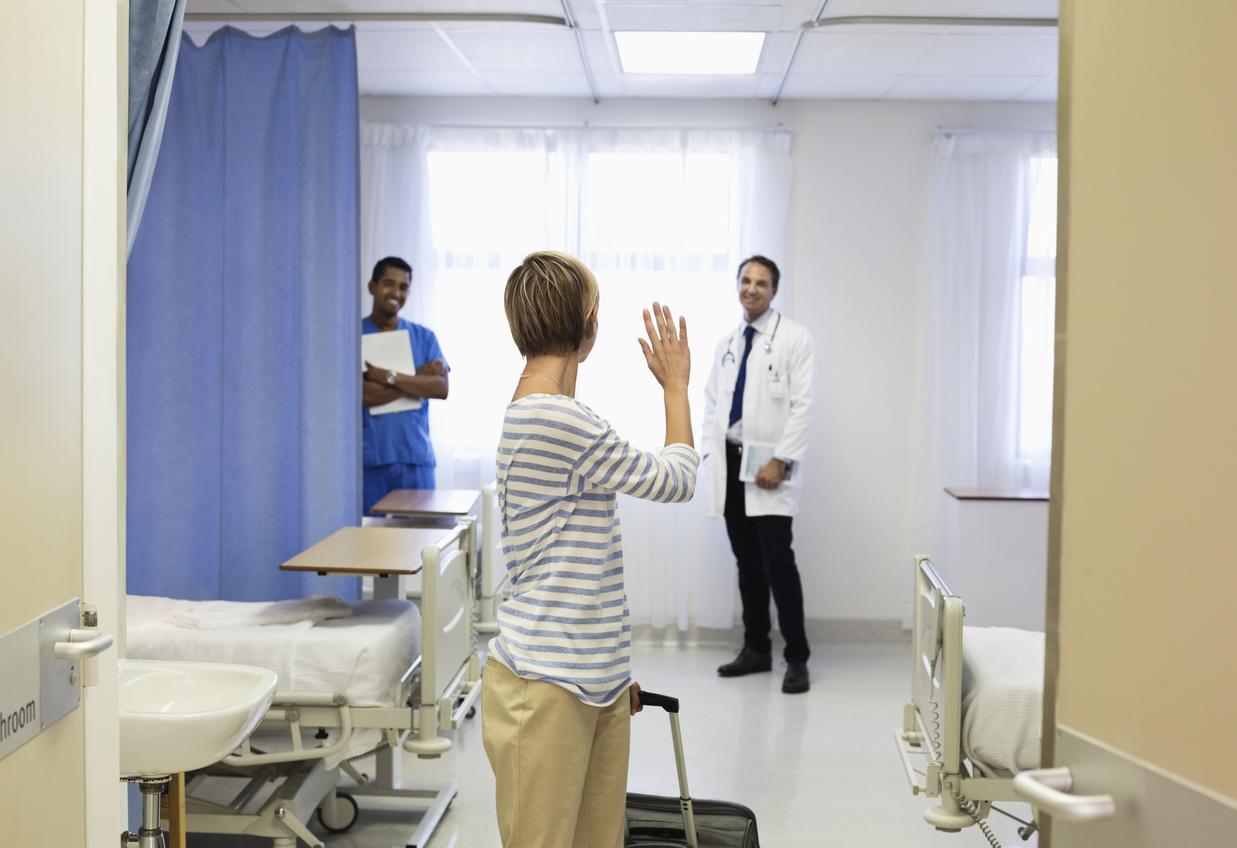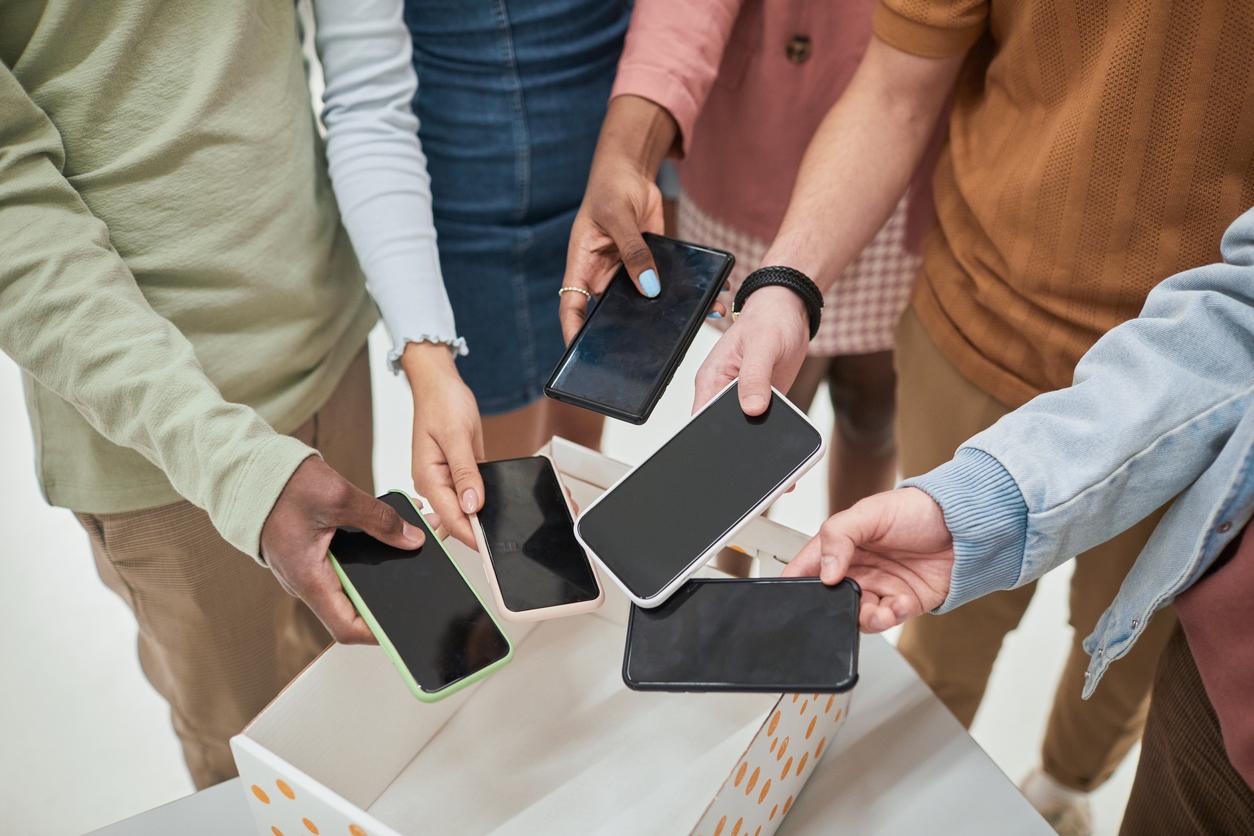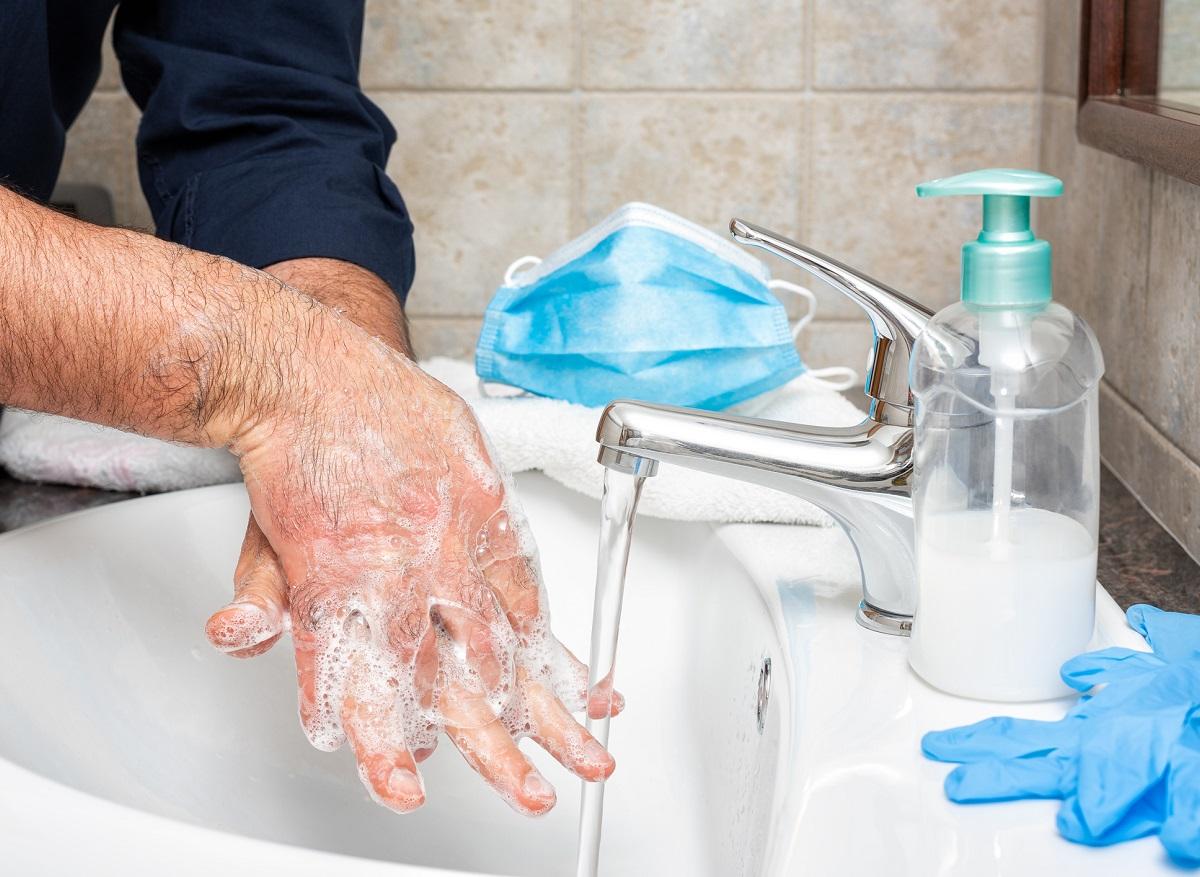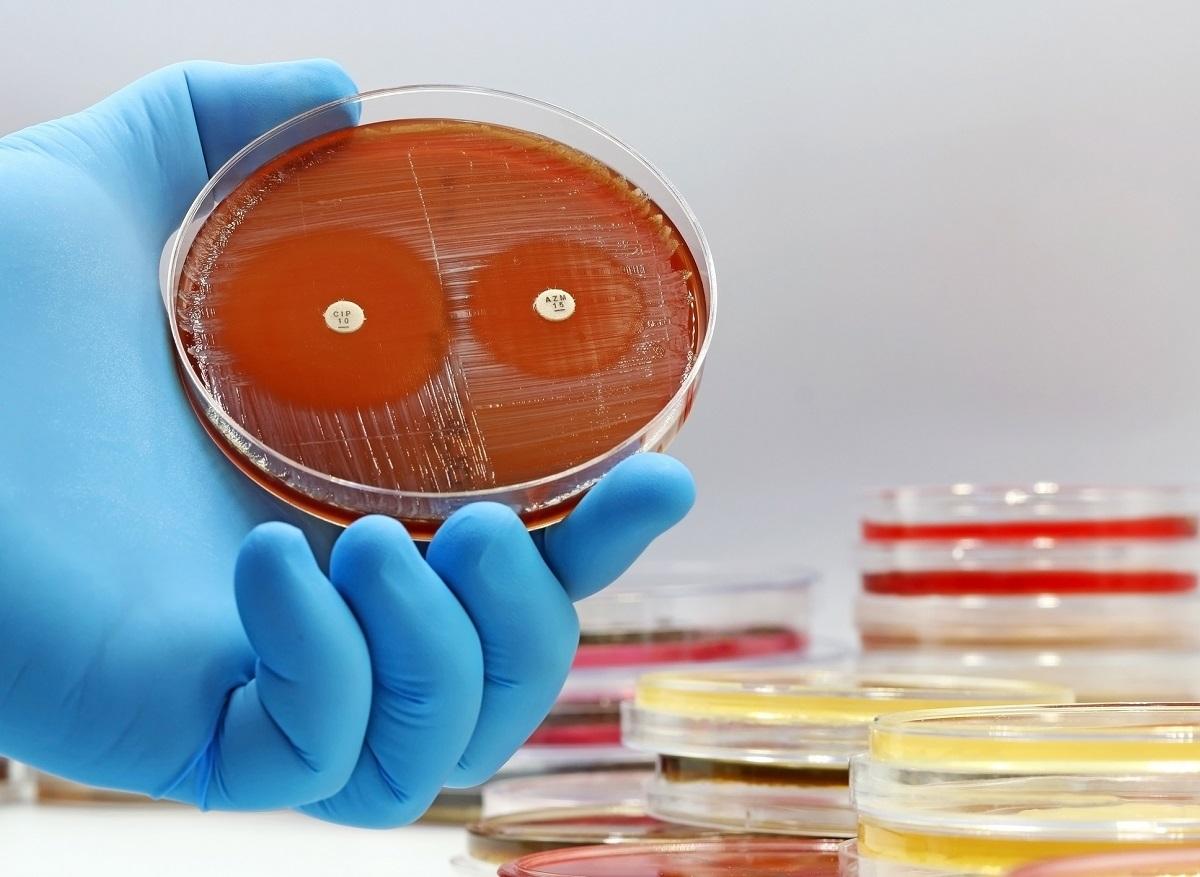The mobile phones of many health professionals are carriers of staphylococcus S.aureusin, an agent highly resistant to antibiotics and responsible for many infections, worry Brazilian researchers.
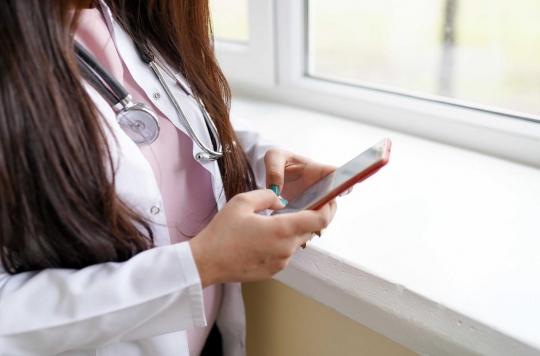
Mobile phones are reputed to be real virus nests, which is especially a problem in the hospital environment. A new Brazilian study, presented at the annual meeting organized by the American Society for Microbiology which is being held from June 20 to 24 in California, in the United States, insists on the precautions to be taken in this sector. Because according to the researchers, 40% of mobile phones of students in the field of health would carry S.aureusina pathogen highly resistant to antibiotics and believed to be responsible for many infections.
Researchers from the University of the West of Sao Paulo collected samples from 100 phones of students in biomedicine, pharmacy, nutrition, or nursing. Among the isolated bacteria discovered, 85% were resistant to penicillin and 50% could adhere to surfaces.
Unsurprisingly, the vast majority of bacteria isolated came from phones belonging to nursing students. Indeed, the latter are more likely than the others to carry S.aureusin because of their many practical internships in the hospital environment.
Thus, the phones used in this sector lead to the transmission of virulent bacteria and therefore contribute to the increase in infections and deaths due to them, worry the researchers. The latter, however, recognize the importance of the laptop, effective successor to the Bip, to allow doctors to communicate with each other about patients and to be contacted quickly in the event of an emergency.
Cell phones could play a role in the transmission of nosocomial infections
“The widespread use of mobile phones in hospitals and health institutes has raised major concerns about nosocomial infections (infections associated with care, which means that they were absent at the time of the patient’s admission to the health establishment, editor’s note), especially in areas that require the best standards of hygiene, such as operating rooms for example”, explains Lizzinae Kretli, Professor at the University of the West. “In this context, mobile phones could serve as a reservoir of bacteria known to cause nosocomial infections and could play a role in their transmission to patients through the hands of healthcare professionals,” she concludes.
A few years ago, French researchers had already studied the telephones used by a hundred health professionals. They then discovered that 38.5% of mobile devices were contaminated with viruses that could cause human diseases such as influenza, hepatitis C, poliomyelitis or even measles. What’s more, 39% of phones were contaminated with rotaviruses, which cause severe gastroenteritis in young children. The study also highlighted the lack of respect for hygiene rules by some health professionals.
“The majority of healthcare workers use their mobile phones in the hospital. However, it is surprising to see that 20% of them admit to not respecting the rules of hygiene either before or after using their mobile phone. telephone”, wrote the researchers, specifying that the laptops were disinfected and cleaned more often in the adult services than in the pediatric services. “It is important to remember the importance of washing your hands very often: when we hang up and before proceeding to patient care”, therefore alerted the study.











